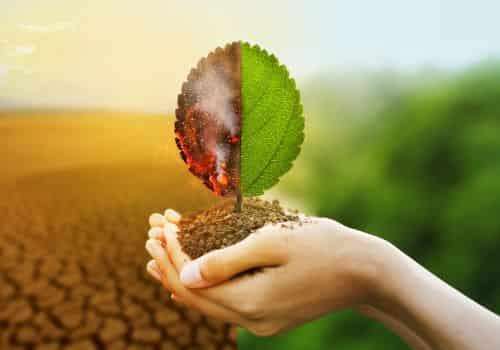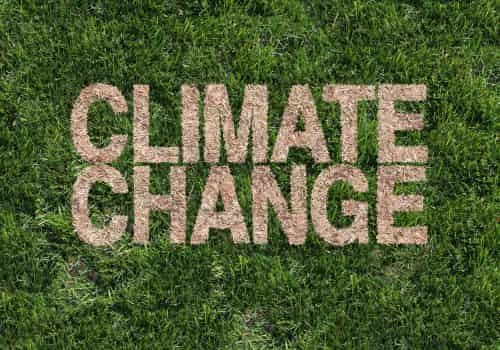Did you know that climate change and food supplies represents one of the most pertinent concerns of humanity at the moment? Most of us are already familiar with the risks associated with climate change. These include (but are not limited to) rising sea levels, severe weather and a lack of fresh water.
However, the relationship between food and global warming is just as crucial to appreciate. Let’s first examine why foodstuffs are being impacted by climate change before moving on to discuss how our diets could be irrevocably impacted in the not-so-distant future.
A Matter of Global Logistics
Western society has often taken the availability of food and fresh drinking for granted. After all, we can simply visit the local supermarket or restaurant in order to enjoy a tasty meal. The truth of the matter is that such options are privileges when compared to other portions of the world such as Africa and the Middle East.
One growing concern involves how climate change may soon affect the production of staple products such as maize, rice, wheat, potatoes, and soybeans. These substances serve as the backbone of global food production and their very existence has already been called into question within some portions of the world. There are actually several factors to highlight if we hope to understand the risks.

Barren Landscapes
Climate change is a very tricky subject to tackle; primarily due to the fact that it can be nearly impossible to predict future weather patterns. However, the majority of scientists agree that one of the most concerning scenarios involves regional droughts that may last for years at a time.
Climate change and water shortages could lead to extremely dangerous outcomes. For example, some portions of the world (such as the midwestern United States) may no longer be able to support arable land. In the event that the production of substances such as wheat becomes curtailed, millions of individuals could starve as a result.
However, there is another lesser-known risk that is particularly relevant when discussing countries such as the United Kingdom and the United States. This actually comes in the form of increased instances of obesity. Why might such a seemingly paradoxical relationship exist?
Climate Change and Food Production: Alternative Solutions
Climate change will inevitably affect the prices of certain foods in the event that production capacity becomes limited. This is simply the result of supply and demand. Let’s now assume that the cost of organic ingredients (such as wheat and soybeans) begins to rise. Those who are on a limited budget could very well turn to cheaper (and less-healthy) alternatives.
Furthermore, the businesses that specialize in these products (such as fast food chains) are likely to capitalize upon such opportunities with the help of mass marketing campaigns. This will lead consumers to believe that there are few other options other than the convenience of a tasty (and nutritionally vacant) meal.
A Bit of Atmospheric Science
The term “global warming” has existed for decades and most of us are already well aware of the basics. There is nonetheless a very real consequence that should be mentioned. When it becomes extremely hot outside, the body finds it more difficult to maintain its normal temperature (a process known as adaptive thermogenesis). As a result, we are less likely to perform physical activities that would have otherwise burned off excess calories. Furthermore, the temptation to turn to refreshments such as sugar-laden soft drinks and ice creams will increase.

Climate Change: Much More than the Environment
The majority of developed nations have already committed to reducing the production of fossil fuels and some have even pledged to adopt a net-zero approach in the coming years. The dangers of climate change are nonetheless very real. Even if greenhouse gasses were somehow eliminated from the environment, the impacts of industrialized society will still be felt for decades into the future. This is why each of us must do our part to combat the scenarios mentioned above by lowering our overall carbon footprint.
While it might not be feasible to reverse global warming, there are still plenty of ways to maintain our health. Embracing a balanced diet alongside the use of modern gastric solutions such as the adjustable Spatz3 gastric balloon are both excellent strategies to consider. Climate change and food production on a global scale already has many analysts concerned, so appreciating our individuals roles in the best way to mitigate the associated risks.


